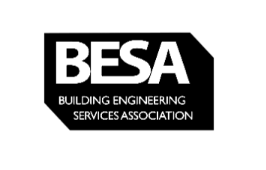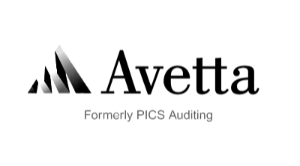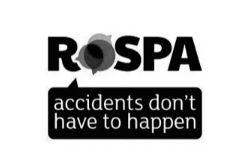To flush or not to flush: Applying behavioural science to reduce tampon flushing
Why does flushing matter?
Flushing tampons can lead to sewer blockages and considerable environmental damage to rivers and waterways. Even flushed tampons which are removed during water treatment processes contribute to environmental damage as these are disposed of in landfill where they produce greenhouse gases and contaminate water supplies. Many have explored ways to encourage people to dispose of tampons correctly, but the issue persists. More needs to be done.
Our approach
We take a behavioural science approach to explore the barriers and drivers of flushing (and binning) tampons, and identify behaviour change solutions. Using the COM-B model of behaviour we developed a survey of 2,000 women (with 1,055 tampon users) to better understand not only tampon disposal behaviours, but whether people have the capability, opportunity and motivation to bin instead of flush. We also explored potential approaches on how to change flushing behaviours with survey participants.
Our commitment
At phs, we are committed to doing the right thing as a business, and in the final executive summary of our whitepaper, you will find full details of our commitment to improve education and awareness, fight stigma and take practical innovative steps to support more people to change their behaviour from flushing to binning.
Find out more about how we are reducing our impact on our environment, which in turn, is helping our customers achieve their net zero targets. Download our CSR report or Carbon Reduction Plan here.
Tampon flushing behaviours
Of the tampon users surveyed, 42% had flushed them in the last two years making them the most flushed ‘unflushable’ product. Interestingly, tampon flushing correlated with age: older tampon users were more likely to have flushed tampons than younger users.
Barriers and drivers
Flushing tampons is a complex behaviour with multiple socio-psychological factors influencing it. This paper goes into detail about the key barriers and drivers of correct tampon disposal identified in our survey.
- Tampon flushing can be related to a lack of knowledge – but not for everyone.
- Environmental concerns motivate people to some extent.
- Concerns about blocking drains motivate more than protecting the environment.
- People who flush tampons believe their friends and family do the same.
- Friends and family are the main way people learn about tampon disposal.
- Embarrassment and feeling the need to hide your period drives people to flush tampons.
- Tampon flushing can be highly habitual.
- The environment and facilities people experience can influence their flushing behaviours.
- Hygiene concerns can motivate people to flush.

































